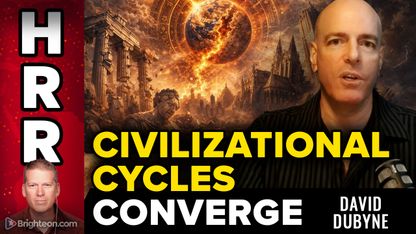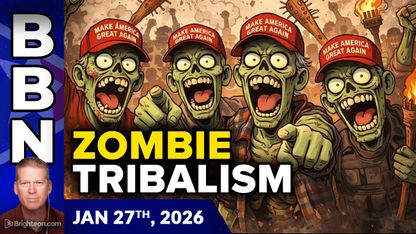
(Article by GQ Pan republished from TheEpochTimes.com)
At the center of the legal dispute was a November 2015 article from The Koala, a satirical student newspaper at the University of California, San Diego (UCSD), known for publishing articles with crude humor and racial slurs. The article, entitled “UCSD Unveils New Dangerous Space on Campus,” mocked the idea that students needed a “safe space” on campus by suggesting that the university should equally respect certain students’ needs to have a “dangerous space.”
In the aftermath, the UCSD student government denounced The Koala for “the offensive and hurtful language it chooses to publish” and in retaliation, denied funding to all student media outlets. The Koala then filed a First Amendment lawsuit in 2016, arguing that the university was withholding funds to censor their speech.
A federal judge tossed the lawsuit in 2017, but the 9th Circuit Court of Appeals overturned the decision in 2019, acknowledging the change in UCSD’s funding policy as a means to prevent The Koala from excising its freedom of speech.
The Koala and UCSD settled the case last month, with the university paying the newspaper $12,000 and $150,000 more to cover attorneys’ fees. According to a public records request by the Foundation for Individual Rights in Education (FIRE), a First Amendment advocacy group, the University of California had spent an additional $662,317 on its own lawyers.
Throughout the 4-year legal battle, the university hired different law firms that usually charged five figures for their services. The records suggest that the first invoice came from Chicago’s Schiff Hardin, which would submit 30 more invoices from 2016 to October 2020, ranging from less than $100 to $110,000. There was also an invoice from Orrick, Herrington & Sutcliffe in November 2019 for more than $150,000.
By contrast, the funding originally allocated for The Koala was only $450.
“For those keeping track at home, that’s just north of 1,820 times the amount of money The Koala was denied under the unconstitutional funding change,” FIRE’s Adam Steinbaugh wrote. “If speech ain’t free, it’ll cost the taxpayers and tuition-paying students a pretty penny.”
Since 2015, many colleges and universities have designated safe spaces where students could go to escape from the stress of controversial ideas. Some others, notably the University of Chicago, rejected the concept, holding that college students should learn to navigate through controversial topics rather than avoid them.
“Our commitment to academic freedom means that we do not support so-called ‘trigger warnings,’ we do not cancel invited speakers because their topics might prove controversial, and we do not condone the creation of intellectual ‘safe spaces’ where individuals can retreat from ideas and perspectives at odds with their own,” a letter to UChicago’s Class of 2020 read (pdf).
Read more at: TheEpochTimes.com
Please contact us for more information.























